Research Areas
The comprehensive set of testbed capabilities enables DERConnect to support research and technology advancement in a number of areas critical for the modernization of our power grid.
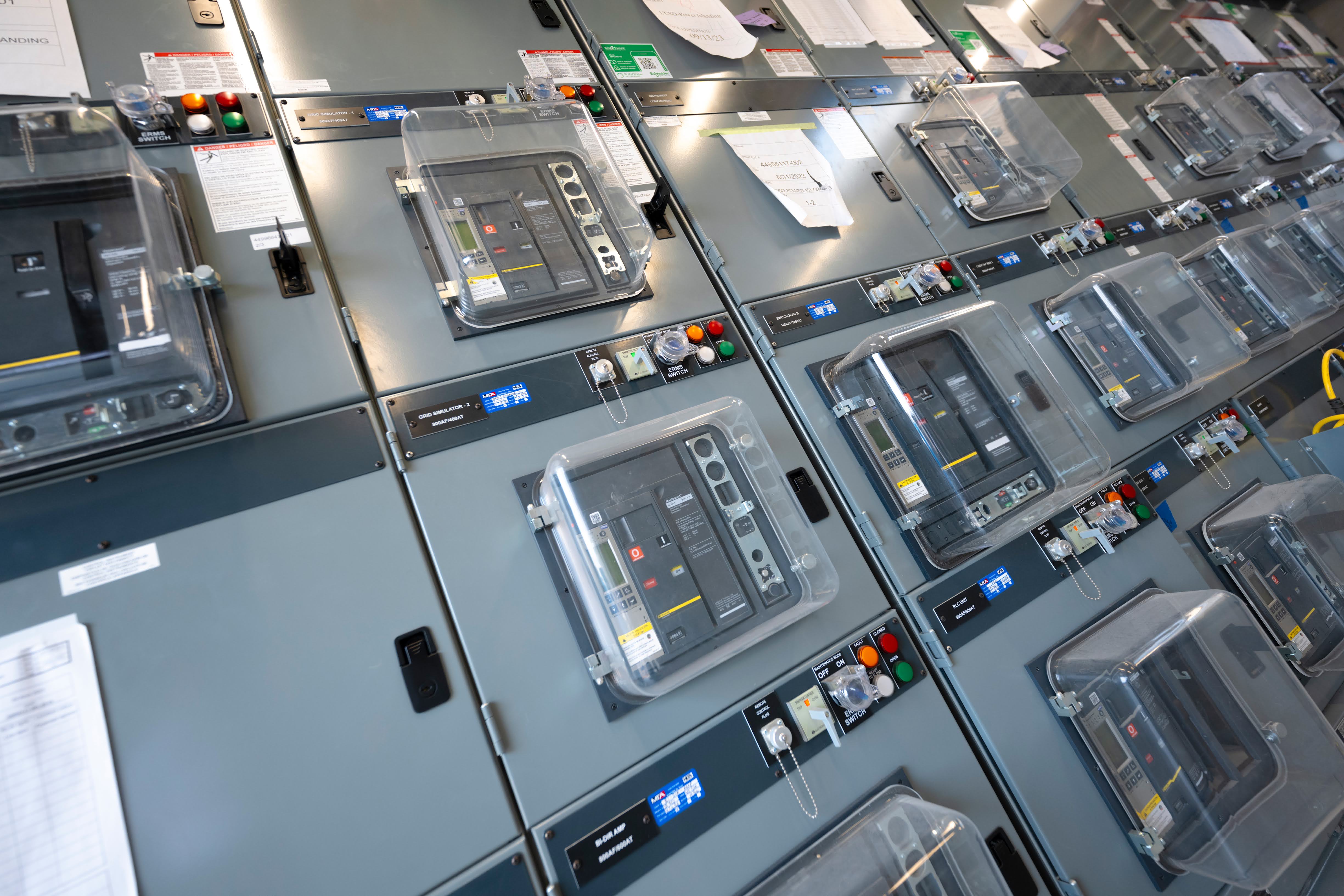
Virtual Power Plants
Virtual Power Plants (VPPs) are decentralized energy systems that aggregate and optimize the output of multiple distributed energy resources (DERs), such as solar, energy storage, and demand response assets, to provide a reliable and flexible source of power to the grid. The DERConnect testbed is being used to research and develop innovative VPP solutions, including advanced control systems, forecasting and optimization algorithms, and grid integration strategies. Research in this field includes:
- Development of VPP control systems for real-time optimization and dispatch of DERs
- Evaluation of forecasting and prediction techniques for VPP output and grid demand
- Investigation of VPP grid integration strategies, including wholesale market participation and grid services provision
- Testing of VPP resilience and reliability under various operating conditions, including high-penetration DER scenarios
- Optimization of VPP design and operation for maximum revenue streams and grid benefits, including peak demand reduction and frequency regulation

Cybersecurity
The modern power grid is becoming more intelligent and connected, unlocking new opportunities for more automated grid operations. This opens the door for cybersecurity risks that must be addressed. Research in this field includes:
- The study of cyber threat vectors and the cyber-physical relationships within grid networks
- DER and grid resiliency in the face of cybersecurity attacks
- Communication Gateways
- Cybersecurity testing of software platforms such as DERMS and ADMS.
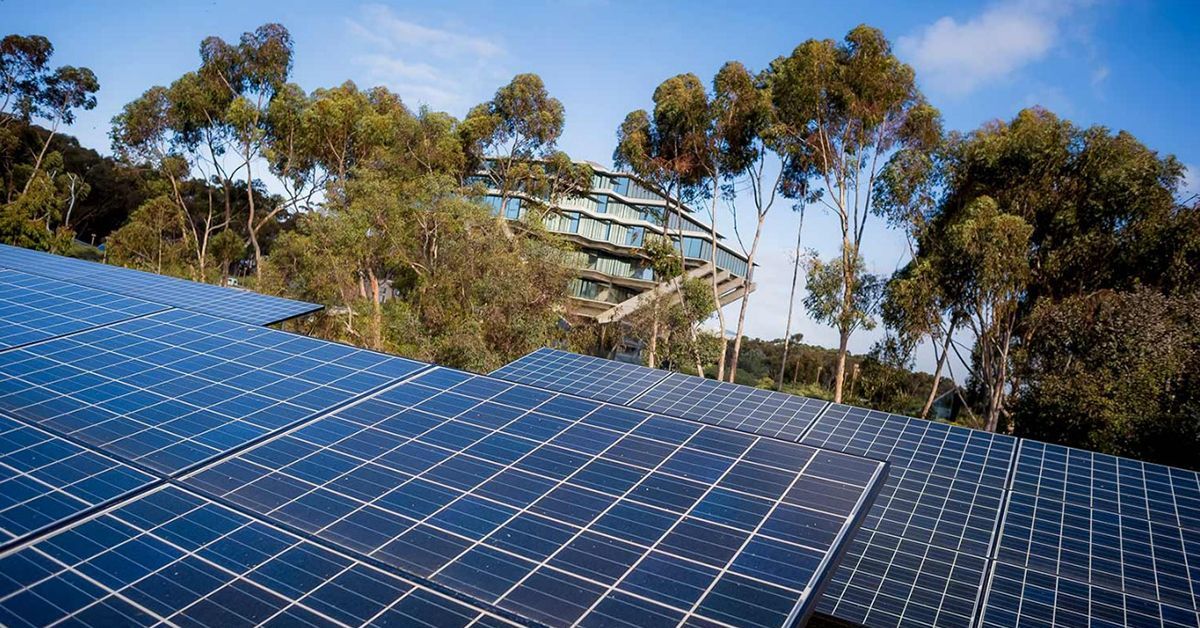
Distributed Energy Resources (DERs)
The integration of Distributed Energy Resources (DERs) is crucial for creating a more resilient, efficient, and sustainable energy grid. The DERConnect testbed provides a unique platform for researching and testing the integration of DERs, including solar, energy storage, and other distributed energy technologies. Research in this field includes:
- Optimization of DER operation and control for grid stability and efficiency
- Integration of energy storage systems with renewable energy sources
- Development of advanced inverters and power conversion systems for DERs
- Microgrid and nano-grid design and operation with high penetrations of DERs
- Evaluation of DER aggregation and clustering strategies for grid services provision
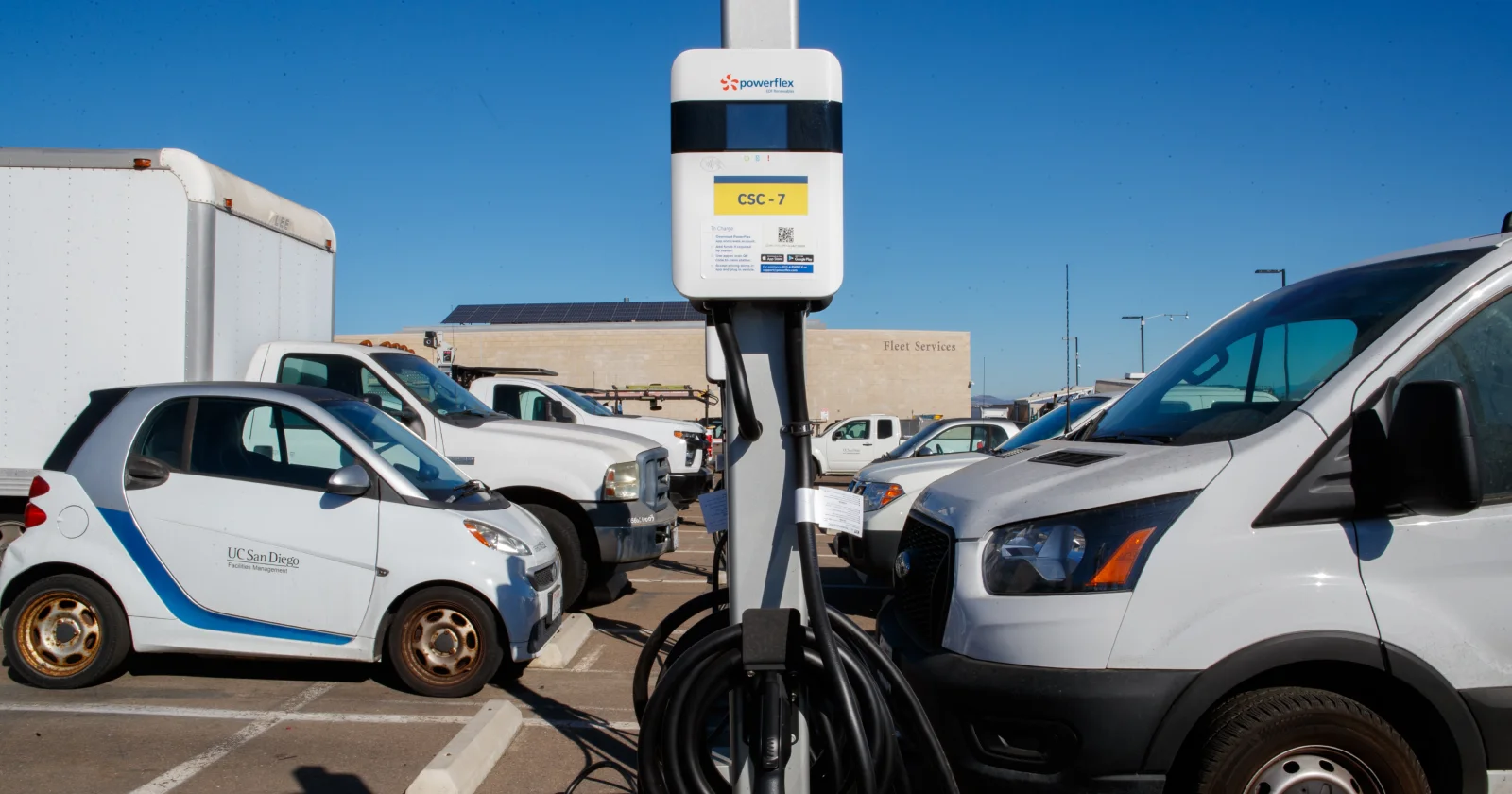
Electric Vehicle Charging
The growing adoption of electric vehicles (EVs) presents both opportunities and challenges for the energy grid, particularly in terms of managing increased electricity demand and ensuring grid stability. The DERConnect testbed is being used to research and develop innovative solutions for EV charging, including smart charging systems and grid-integrated EV charging infrastructure. Research in this field includes:
- Optimization of EV charging strategies for grid stability and peak demand reduction
- Development of vehicle-to-grid (V2G) and vehicle-to-building (V2B) technologies
- Evaluation of the impact of high-power EV charging on distribution grid infrastructure
- Investigation of smart charging systems that leverage renewable energy sources and energy storage
- Testing of EV charging protocols and standards for grid integration and interoperability

Energy Storage
The integration of energy storage systems is critical for enabling the widespread adoption of renewable energy sources and ensuring a resilient and efficient energy grid. The DERConnect testbed provides a platform for researching and testing various energy storage technologies, including batteries, ultra-capacitors, and other innovative solutions. Research in this field includes:
- Evaluation of energy storage system performance and degradation under different operating conditions
- Development of advanced energy storage control systems for grid stability and optimization
- Investigation of energy storage applications for peak demand reduction, frequency regulation, and grid resilience
- Testing of energy storage systems for microgrid and nano-grid applications
- Optimization of energy storage sizing and placement for maximum grid benefits and cost savings
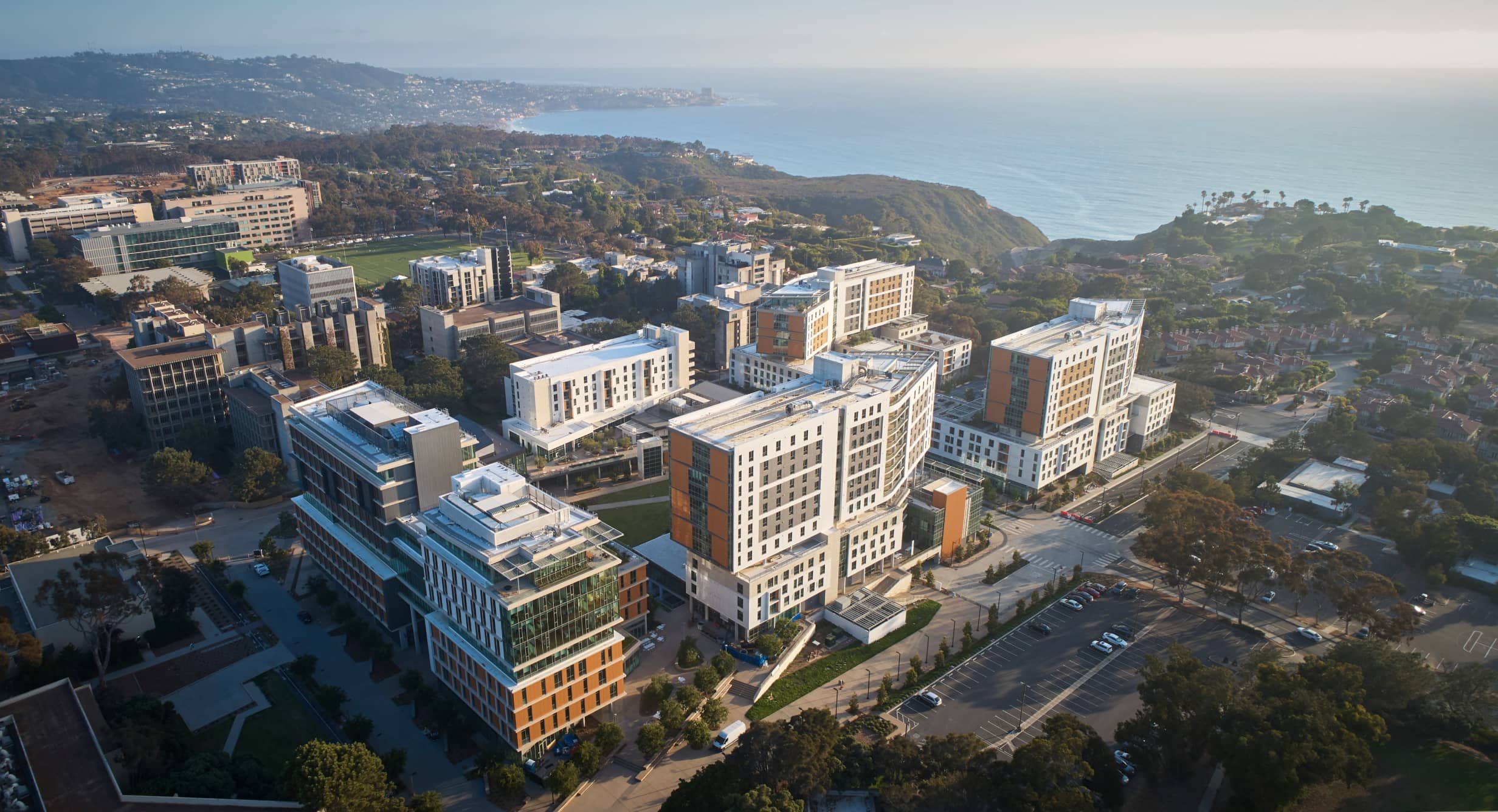
Grid Efficient Interactive Buildings
Buildings play a crucial role in the energy ecosystem, and they can be designed and operated to interact with the grid in a more efficient and responsive way. The DERConnect testbed is being used to research and develop innovative solutions for grid-efficient interactive buildings, including advanced building management systems and grid-interactive technologies. Research in this field includes:
- Development of building-to-grid (B2G) communication protocols and standards
- Evaluation of demand response and load management strategies for commercial and residential buildings
- Investigation of grid-interactive building technologies, such as smart façades and energy-efficient HVAC systems
- Testing of advanced building management systems (BMS) for optimal energy efficiency and grid interaction
- Optimization of building energy systems for peak demand reduction, energy efficiency, and grid resilience
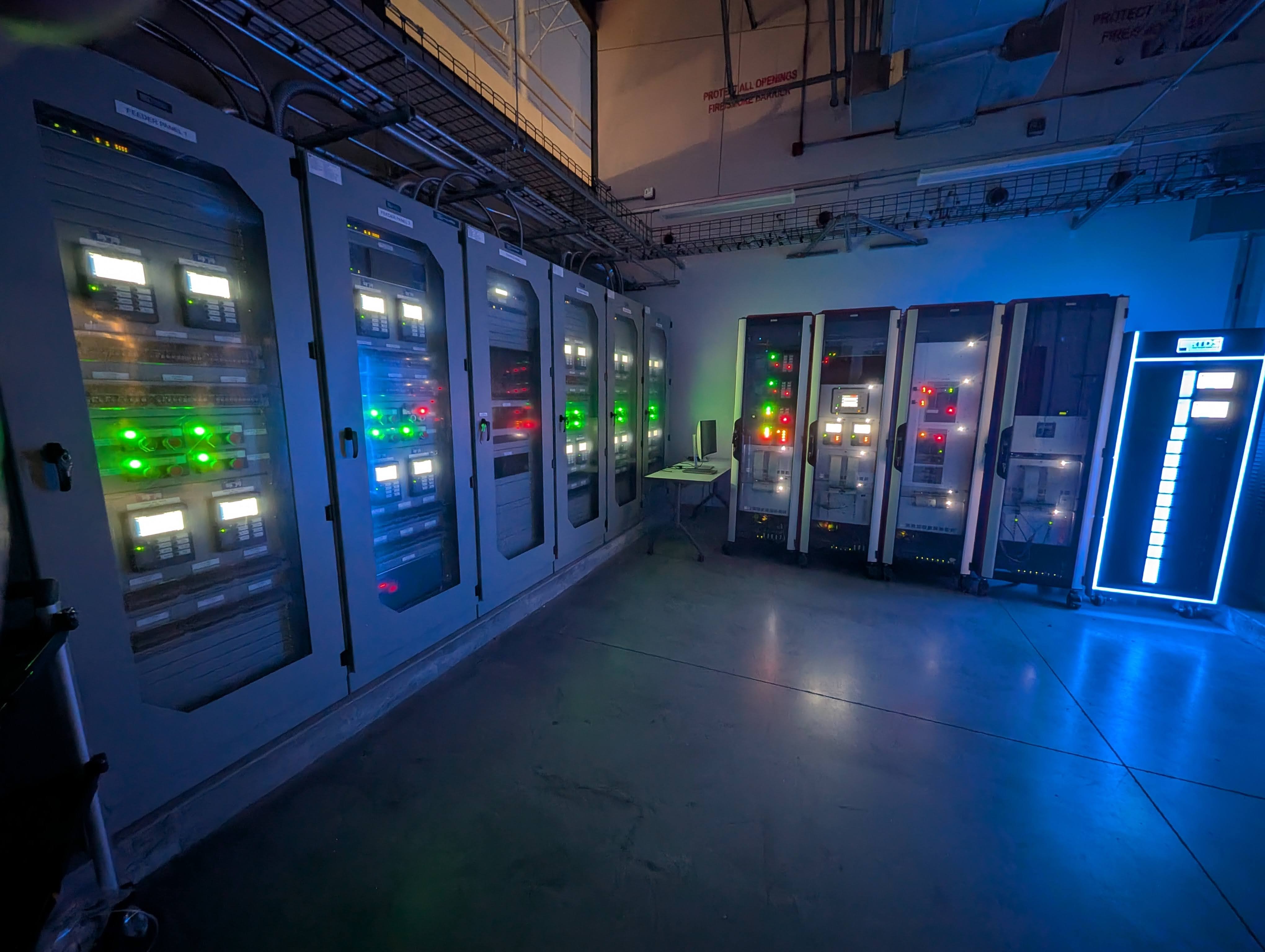
Grid Operations
The increasing penetration of distributed energy resources (DERs) and evolving energy landscape require utilities to adapt and innovate their grid operations to ensure reliability, efficiency, and resilience. The DERConnect testbed provides a platform for utilities to research and test new grid operations strategies, technologies, and systems, enabling them to better manage the complexities of the modern grid. Research in this field includes:
- Development and testing of advanced distribution management systems (ADMS) and distributed energy resource management systems (DERMS)
- Evaluation of grid operations strategies for high-penetration DER scenarios, including solar, energy storage, and electric vehicles
- Investigation of grid resilience and reliability metrics, including fault detection, isolation, and restoration (FDIR)
- Testing of smart grid technologies, such as advanced metering infrastructure (AMI) and grid sensors
- Optimization of grid operations for peak demand reduction, energy efficiency, and renewable energy integration

Microgrids
Microgrids are localized energy systems that can operate in isolation from the main grid, providing a reliable and resilient source of power for communities, campuses, and critical infrastructure. The DERConnect testbed is being used to research and develop innovative microgrid solutions, including advanced control systems, energy storage integration, and grid-tied operations.
- Design and testing of microgrid architectures for optimal energy efficiency and reliability
- Development of advanced microgrid control systems, including hierarchical and decentralized control strategies
- Evaluation of energy storage systems for microgrid applications, including battery and ultra-capacitor technologies
- Investigation of microgrid grid-tie operations, including synchronization and power quality management
- Testing of microgrid resilience and reliability under various operating conditions, including islanding and grid faults
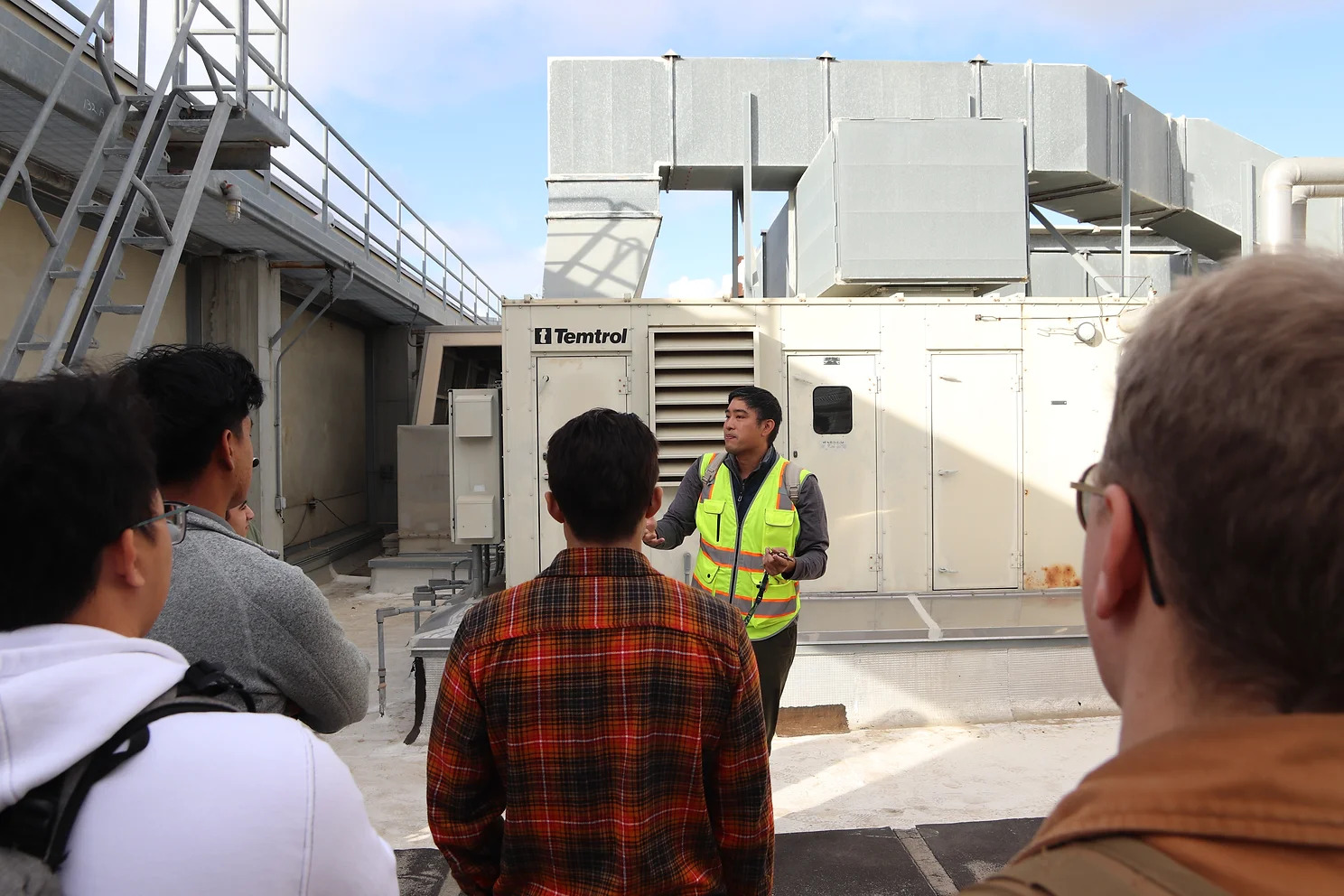
Workforce Development
The rapidly evolving energy landscape requires a skilled and adaptable workforce to design, operate, and maintain the complex systems and technologies that underpin the modern grid. The DERConnect testbed is committed to supporting workforce development initiatives, providing training and education programs for students, professionals, and industry stakeholders to ensure they have the skills and knowledge needed to succeed in the emerging energy economy. Research and initiatives in this field include:
- Development of curriculum and training programs for energy-related careers, including grid operations, renewable energy, and energy efficiency
- Creation of hands-on training and simulation-based learning experiences for students and professionals
- Investigation of workforce development needs and gaps in the energy industry, including diversity and inclusion initiatives
- Partnerships with industry, academia, and government to promote energy workforce development and support the growth of a skilled and diverse energy workforce
- Development of certification and credentialing programs for energy professionals, including microcredentials and badges


